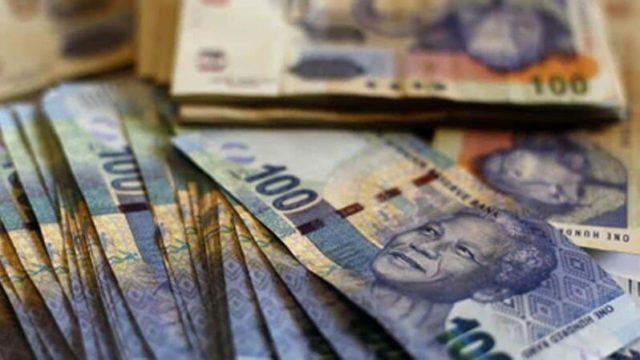Economists have warned that the Covid-19 second wave, coupled with the end of Covid-19 relief funds, could threaten the steady economic recovery.
JOHANNEBSURG – South Africa is on tenterhooks over the second wave of Covid-19 infections with experts warning the newest outbreak could wreak havoc on an already battered economy.
Economists this week warned that this, coupled with the end of Covid-19 relief funds, could threaten the steady economic recovery and put consumer spending in jeopardy.
Investec’s Annabel Bishop said the economy faced an even more severe collapse if the Covid-19 restrictions were reapplied.
“The pressure on public finances increased severely further this year to cope with the stimulus needed in the face of the crisis, and there is now no room at all in the fiscus for further support without risking downgrades taking us towards the C grade categories,” Bishop said.
South Africa’s economy rebounded in the third quarter as gross domestic product (GDP) grew by an annualised 66.1 percent following the 51.7 percent slump in the previous quarter.
Statistics South Africa said its data showed that the recovery in mining and manufacturing production had stalled due to the outbreak of Covid-19 in key trading partner countries and the associated lockdowns.
At the height of the strict lockdown in the second quarter, the government had to inject a R500 billion stimulus package to resuscitate the economy.
But the country’s fiscal metrics have deteriorated further since then, with GDP expected to contract by 8 percent and government borrowing standing at more than 81 percent to GDP, around R4 trillion.
Trade and Industrial Policy chief economist Dr Neva Makgetla said the second wave would slow consumer spending during the festive season.
Makgetla said more jobs could be lost particularly in the hospitality and catering industries.
“Since more labour-intensive jobs tend to be at higher risk from the infection, they are unlikely to return until the pandemic is fully under control,” Makgetla said.
“Moreover, the planned effective termination in January of the two largest relief programmes – the UIF Temporary Employer/Employee Relief Scheme and the Covid-19 Special Grant, which together reach well over 5 million people – could set the recovery back significantly.”
Last week President Cyril Ramaphosa announced stricter restrictions for the Nelson Mandela Bay after the metro emerged as the country’s Covid-19 hot spot.
Old Mutual investment strategist Izak Odendaal said the government would be reluctant to return to strict restrictions as this would collapse critical industries.
Odendaal said the damage to the economy would be too enormous that businesses and consumers would be resistant. He said the government was treading cautiously on which industries would be targeted as some would be closed for Christmas holidays.
“In terms of the fiscal response, there is no more money to spend,” Odendaal said. “The UIF surplus has been depleted, and therefore the ability of UIF to carry the can has been diminished.
“I think there definitely are risks to the economy because of the second wave, but there might be similar things in South Africa as in Europe, with the economy showing continued strengthening.”
BUSINESS REPORT








